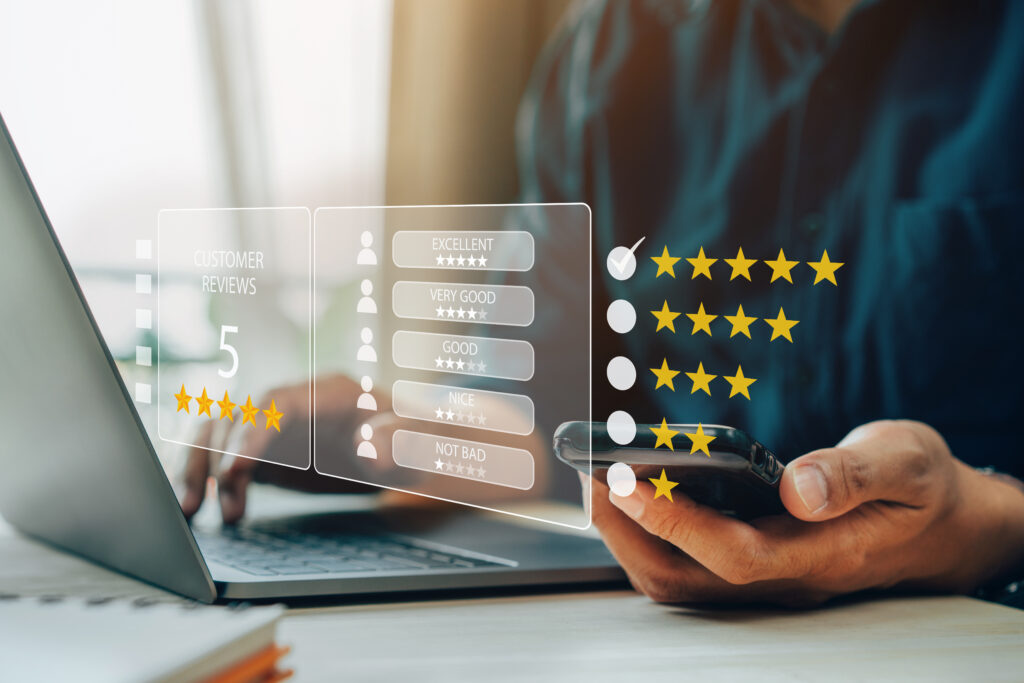How to Encourage Knowledge Sharing Across Decentralized Teams

When you’re in an office with the same coworkers five days a week, chances are high that you’ll have conversations with different colleagues in the hallways and by the watercooler. You may end up sharing ideas—from tips for streamlining a specific process to updates on a project you’re working on—in both formal and informal settings because you’ve built a sense of trust with your coworkers and you have ample opportunities to connect face-to-face.
But what if you’re working in a flex work environment, where you and your coworkers are splitting your time between the office and home, working different hours, or even working remotely full time?
There are many benefits of flex work, ranging from time savings and increased productivity for employees to cost savings and reduced turnover for employers. However, the shift requires new adaptations to enable employees and employers to be successful, and one of the most important things to consider is how to promote trust and knowledge sharing when employees aren’t always meeting in person.
Promoting Psychological Safety in a Flex Work Environment
One of the keys to effective collaboration across decentralized teams is creating a working environment in which team members feel they can share input and ideas that will be taken into consideration without negative repercussions. This is referred to as “psychological safety,” which Harvard Business School professor Dr. Amy Edmondson defines as “a climate in which people are comfortable being (and expressing) themselves.”
In a two-year study of its employees, Google found psychological safety was the most important dynamic for its most effective teams. The safer team members felt around one another, the more willing they were to admit mistakes, partner on projects together, and take on new roles.
Working in an office with coworkers can help build trust, but being in the same location as your colleagues isn’t a requirement for psychological safety. It’s possible to promote psychological safety in a flex work environment by intentionally creating opportunities to connect and share ideas through both synchronous and asynchronous communication.
For instance, an opportunity for building psychological safety through synchronous communication could include a meeting organizer opening their virtual conference room 5-10 minutes early so that team members who are able to join then have a few minutes to chat before getting into the meeting agenda. This allows decentralized team members to get to know one another on a personal level and become more comfortable sharing their ideas.
An opportunity for building psychological safety through asynchronous communication could be a department leader posting an update in the company knowledge base about lessons they learned from a recent project and encouraging others to share feedback and additional learnings through comments. This allows the department head to lead by example and show that team members can share ideas without negative repercussions.
In many cases, working with remote team members can actually strengthen trust and bonding, as the physical distance requires everyone to be more mindful about how they communicate. For example, when international flooring company Tarkett was forced to shift its employees to work fully remotely during the coronavirus pandemic, employees found the frequency of conference calls between team members (especially calls with video) increased, which resulted in more collaboration. “We talk so much now that we feel like we’ve gotten to know each other a lot better,” says Kinsey Terry, Marketing Sales Support Manager at Tarkett. “Some projects have gone faster because people are able to meet more often. And on a personal level, it’s been cool to watch our team grow together.”
Strategies to Encourage Knowledge Sharing in a Flex Work Environment
Effective knowledge sharing is essential when team members are spread out across different locations. And when you can’t bank on face-to-face contact in the office every day, it’s important to create virtual spaces that allow coworkers to connect, communicate, and share ideas, no matter where they’re working.
To promote psychological safety and create a culture of knowledge sharing across a decentralized team, try these strategies:
- Define and document how you will use different communication channels so that expectations are clear.
- Promote knowledge sharing from the top down. Executives and team leaders should regularly share updates and content across their organizations.
- Identify meetings that can take place over video to create deeper connections with team members. Allow a few minutes for small talk at the beginning of meetings when possible.
- Look for small ways to reward team members for sharing their knowledge. For example, you could give a shoutout in a meeting to a team member who shared a valuable write-up in the company knowledge base.
- Look for opportunities for new hires to provide input so that they become comfortable with the culture of knowledge sharing.
- Create digital spaces, such as a watercooler channel in your company’s chat platform, where coworkers can socialize and bond over non-work topics.
- When possible and applicable, allow employees to share their knowledge through the medium that’s most convenient for them (e.g. video, audio recording, slide deck).
Having a flex work model doesn’t mean you have to sacrifice collaboration and trust between colleagues—it just means you have to be more intentional about communicating and connecting so that everyone feels safe sharing their ideas.

How to Improve Customer Service: 9 Strategies to Automate Success

7 Best Customer Service Knowledge Management Systems in 2026

The 6 Knowledge Management Trends That Redefine Strategic Intelligence in 2026

Estimate the Value of Your Knowledge Assets
Use this calculator to see how enterprise intelligence can impact your bottom line. Choose areas of focus, and see tailored calculations that will give you a tangible ROI.

Take a self guided Tour
See Bloomfire in action across several potential configurations. Imagine the potential of your team when they stop searching and start finding critical knowledge.